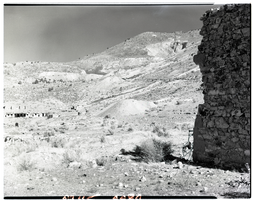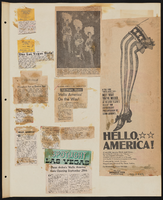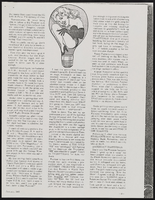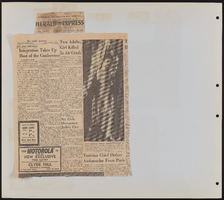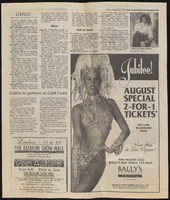Midbar Kodesh Temple
Midbar Kodesh is a Conservative Jewish temple founded in Henderson, Nevada in 1995 by former members of Temple Beth Sholom. Population growth and physical expansion of real estate warranted the establishment of the second Conservative congregation in Southern Nevada, whose name means “Holy Desert.” Temple Beth Sholom was moving to the west side of the valley, and a group of families- the Kaminskys, Goldmans, Rothmans, Simons, Goldsteins, and Feldmans- decided to start a new temple on the east side.

